How is your school or organization leaning into “imagination leadership?”
Given the vast number of problems to be solved and opportunities to be developed, any school or organization serious about making a positive difference should be considering its imagination leadership. This is not some “soft skill” or “nice to have.” Rather, imagination leadership is a fundamental competency area that can be neglected at the risk of atrophy, or it can be purposefully developed and grown with discipline. Imagination leadership is essential for us to design a better world.
One of the most foundational aspects of imagination leadership is futures thinking.
“Futures thinking or foresight is not something a lot of us are exposed to throughout our academic careers or even into our professional work. To many, it may seem like science fiction or simply made up stories, and to some degree they’re not wrong. We often find inspiration from the likes of science fiction authors William Gibson or Neal Stephenson. Although, I’d argue that the biggest difference between fiction and futures thinking is that for futures thinking to be valuable it has to be grounded in present-day facts that with synthesis, sensemaking, creativity, and visualization are put into plausible, provocative stories about possible futures that resonate and inspire us to act differently today”1 writes Susanne Forchheimer, Research Manager at The Institute for the Future (IFTF) Emerging Media Lab.
Futures thinking is a natural extension and partner to design thinking; there are a number of adjacent connections worth mentioning that can help us recognize the power and potential of futures thinking. At Mount Vernon Ventures and The Mount Vernon School, we are employing futures thinking, as both a practice and a discipline, into more and more of our work.
Consider these myriad things that serve something of a “futures thinking” role in sparking our imaginations and stirring our actions:
- Movies and TV shows that spark us to imagine possible futures, such as Star Wars, Star Trek, and Black Panther. (Some argue the first flip phone was inspired by the communicators on Star Trek.)
- Vacation and trip planning with visions and details for travel, activities, and new experiences. We dream of the possibilities and plan various scenarios we intend to experience when that vacation time arrives.
- Sports visualization for enhanced performance, where athletes imagine the moves, sequences, and actions that help them virtually rehearse better performances. Remember the Olympics from last summer and how the climbers and divers twist and move prior to the actual performance.
- Blueprint sketches, as well as fabric swatch samples, that assist us in picturing a new or renovated space before considerable sums of money are spent to construct or decorate the actual building or room. We picture various possibilities, then we make decisions to make a reality out of our preferred design.
These are but a few examples of ways that futures-thinking-like activities help us visualize, enhance performance, and make better decisions. Yet most, if not all, of these examples are more akin to everyday, near-future sparks. In the highly developed, six-decades-old discipline of futures thinking, there are sophisticated approaches, scaffolding tools, and mind-brain-science evidence that underscore the significant needs and possibilities of futures thinking as a mindset and way of working critically important to learning organizations that prepare and support those who truly want to change the world for the better. The future is unwritten and not predictable. Given a dedication to the practice, though, futures thinking is instrumental to designing preferable futures and remaining agile and flexible as unexpected forces arise.
Our newest MV Ventures podcast, focused on utilizing futures scenarios for long-term visioning, is now available. Interested in bringing our team to speak (keynote or workshop session) on futures thinking, design thinking, or other topics at your school or organization? Reach out to learn more.
Need help defining your school’s vision or utilizing futures thinking at your school? MV Ventures helps schools design strategy, innovate programs and systems, and transform teaching experiences. Let’s get started on your transformation journey.
Schedule a call today.
References
1 https://www.iftf.org/insights/what-exactly-is-futures-thinking/
